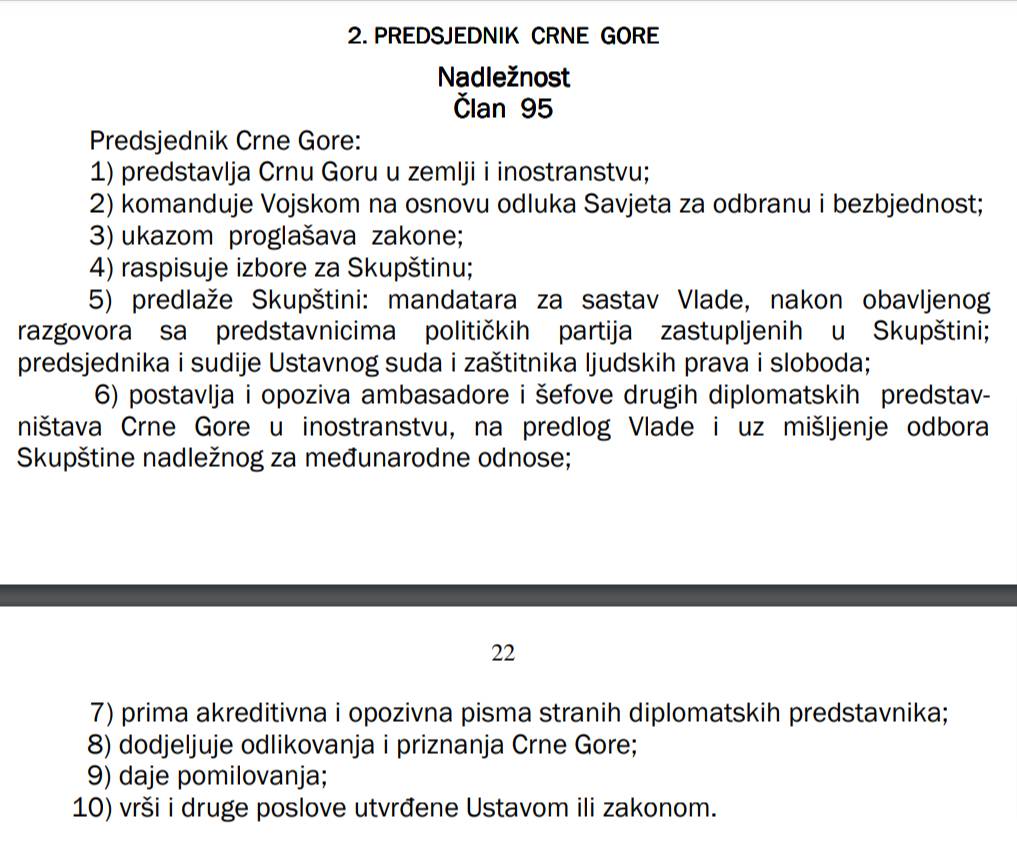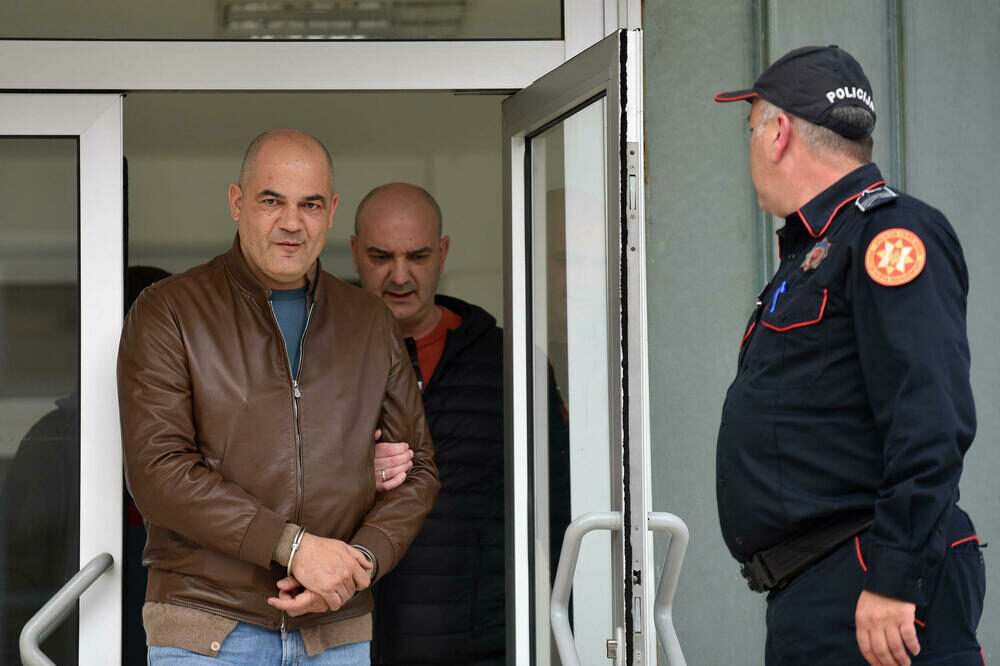Original article (in Montenegrin) was published on 18/04/2023
Following the orders of the Special State Prosecutor’s Office, the Special Police Department deprived Milo Bozovic, the President of the Municipality of Budva, of his freedom, prompting the regional media to present this development as an act of intolerance towards Serbs.
Reporting on this case, the news portals 24Sedam, Srbija danas, Vojvodina info, Vojvodina zivot, Gradskeinfo.rs, NSuzivo.rs conveyed the information accompanied by the following headline:
“Jakov worse than Djukanovic: The arrests of the most prominent Serbs in Montenegro have begun.”
In the articles published in the regional media, Milatovic allegedly decided to “arrest the most prominent Serbs in Montenegro” instead of dealing with the “criminal octopus of Milo Djukanovic”, and by doing so – he showed his true face.
“It took only eleven days after winning the presidential election, mainly thanks to Serbs from Montenegro, for Jakov Milatovic to reveal his true face and show that Milo Djukanovic may have left the office of the head of the state, but that his politics unquestionably remain.
This has been proven by today’s arrests in several cities across Montenegro, during which, according to still unofficial information, the President of the Municipality of Budva, Milo Bozovic, was detained.
Instead of the new government dealing with his criminal octopus after the fall of Djukanovic, which was written about by the world media, Milatovic decided to arrest the most prominent Serbs in Montenegro, as the Turks did during the “Slaughter of the Noble Serbs” – it is stated, among other things, in the articles of regional portals.
This news was shared on Facebook too.
The allegations of the regional media are senseless from several aspects, but let us begin with the basic facts.
Ethnic affiliation is not subject to criminal liability.
The President of the Municipality of Budva, Milo Bozovic, was deprived of his liberty due to the suspicion that he committed several criminal acts in the field of organized crime and drug trafficking and not because of his ethnic affiliation.
“There are grounds for suspicion that Bozovic committed the criminal offence of creating a criminal organization and the three criminal offences of unauthorized production, possession and distribution of drugs,” said Vukas Radonjic, the spokesperson of the Special Prosecutor’s Office, in his statement to Radio Free Europe.
The narrative about the threat to citizens of Serbian nationality is frequent, and Serbian portals also presented information about the arrest of this official as the selectivity of the Montenegrin legal system. In the same way, the action of the Special Police Department has nothing to do with Bozovic’s national commitment, the deprivation of freedom of the President of the Municipality of Budva has nothing to do with Jakov Milatovic.
The President of the State does not have the authority to arrest or issue an arrest warrant.
The newly elected President of Montenegro, Jakov Milatovic, has not yet taken office over from Milo Djukanovic. Djukanovic’s mandate expires on May 20, when Milatovic will be officially inaugurated.
The Constitution of Montenegro, specifically Article 95, lays down the powers of the President of the State, and none of them relates to arrest nor the issuing of an arrest warrant.

The Law on the President also does not authorize the President to arrest individuals, as regional media initially claimed.
Therefore, the President of the Municipality of Budva, Milo Bozovic, was not arrested because he is a Serb, nor does Milatovic have anything to do with the action of the Special Police Department.
We rate said articles of regional media as manipulation of facts.
The rating “Manipulation of facts” is given to a media report that uses known and accurate facts but interprets them in a misleading way. These reports generally use accurate information to draw incorrect conclusions or claims, thus directing the conclusions of consumers of media content in the wrong direction in relation to the actual meaning of the facts presented.

